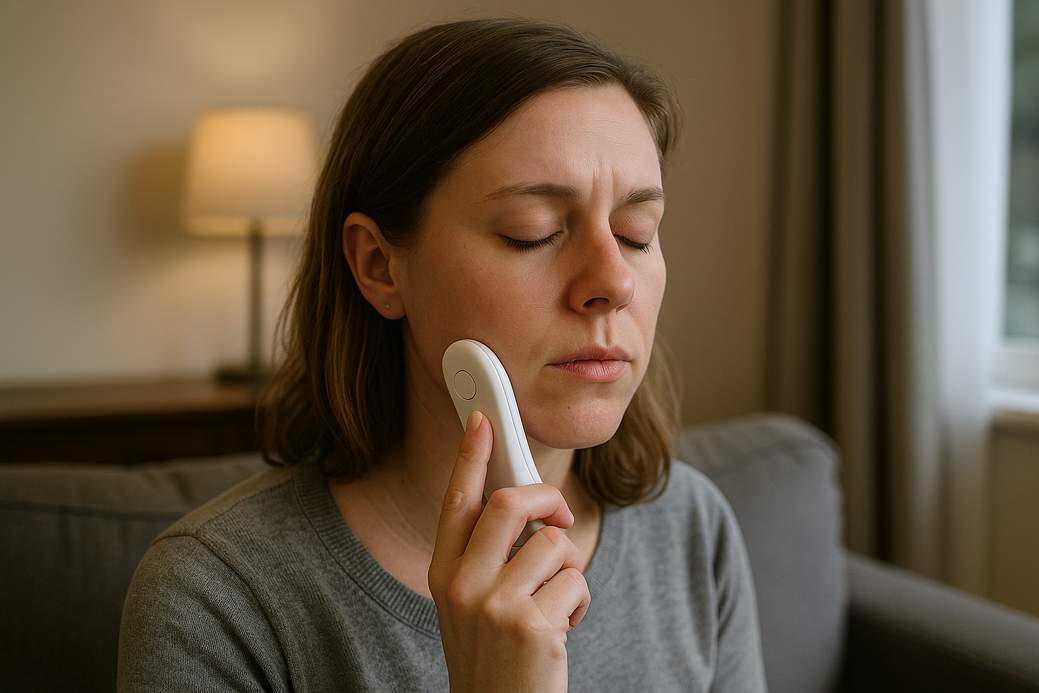Quick reality check
You like to think feelings are all you, free-willed and dramatic. But surprise: your body has tiny chemical freeloaders called hormones that sneak into your bloodstream, find their receptors, and whisper instructions into your brain. Sometimes it’s helpful. Sometimes it’s chaos with mood lighting.
What exactly are hormones doing?
Hormones are chemical messengers released by glands and tissues. They travel around your body and bind to specific receptors — think of it as a microscopic handshake that says “do this now.” Insulin tells muscles and the liver to stash sugar, while others tweak sleep, growth, sex, and yes, your mental vibes.
They’re small but mighty
Scientists have cataloged dozens of hormones. Together they handle everything from puberty to bedtime routines and, crucially, emotional roller coasters. Hormones don’t act alone — they interact with brain chemicals like serotonin and dopamine and even affect how brain cells live, die, or get born.
Periods, pregnancy, menopause: emotional theme parks
Hormonal swings can make moods spike or crater. In many people assigned female at birth, menstrual cycles, pregnancy, and the menopause transition are linked with mood shifts. Some folks feel blues or anxiety before their period. Others experience something more intense called PMDD — a monthly mood storm that can disrupt life.
Baby blues and brain fog
After childbirth, estrogen and progesterone can plummet like a roller-coaster drop, and that sudden change is one reason postpartum blues or depression can happen. Later in life, perimenopause often brings wild hormone swings that leave some people brain-foggy, forgetful, or irritable, while others barely notice any change. Sensitivity varies a lot.
Guys get mood swings too (sort of)
Men’s hormones change more slowly with age — testosterone declines gradually — but that doesn’t mean mood is immune. For some men, even small hormone shifts can nudge mood, energy, and motivation.
How hormones talk to neurotransmitters
Hormones can crank up or tune down neurotransmitters like serotonin and dopamine. Estrogen, for instance, can make serotonin receptors behave better and boost dopamine receptor numbers. Other hormones protect neurons and encourage new ones to grow in memory hubs like the hippocampus — which helps explain links between hormones and cognition.
Stress hormones: helpful in the short term, destructive long term
Enter cortisol, the body’s emergency energy supplier. When stress hits, the hypothalamus and pituitary rally the adrenal glands to release cortisol so you can sprint or shout or survive a bad Zoom call. But chronic stress and constant cortisol flooding can damage brain areas like the hippocampus, amygdala, and prefrontal cortex — which hurts memory, emotion control, and decision-making.
Oxytocin: not just hearts-and-flowers
Oxytocin gets a lot of soft-focus press as the “love hormone.” It’s released during bonding moments and can make people feel safer and more trusting. Some studies find sniffing oxytocin changes social behavior, but scientists are still arguing about how much of it actually reaches the brain when given from outside.
Thyroid matters more than you’d guess
The thyroid hormones T3 and T4 keep your engine running — heart rate, temperature, metabolism — and they also affect mood. Too much can make you jittery and anxious; too little can make you flat and low. The good news: fixing thyroid levels often helps the mood clear up.
New treatment directions (yes, science is trying)
Researchers are testing hormone-based approaches for mood disorders. There are drugs modeled after naturally calming hormone breakdown products that have helped postpartum depression, and sometimes adding testosterone or estrogen therapies can improve treatment for certain people. But hormones are complicated: what helps one person can worsen another.
Takeaway: hormones are part of the story, not the whole script
Your mood is a mashup of hormones, brain chemistry, life events, and personal sensitivity. Hormones can push buttons and flip switches, but they don’t write your entire life script. If mood changes feel extreme or persistent, checking hormone levels and talking with a clinician can be a useful step — because sometimes the fix is as practical as adjusting a hormone, and sometimes it’s more complicated. Either way: be kind to your brain — and yourself — while science figures out more of this hormonal mystery show.















